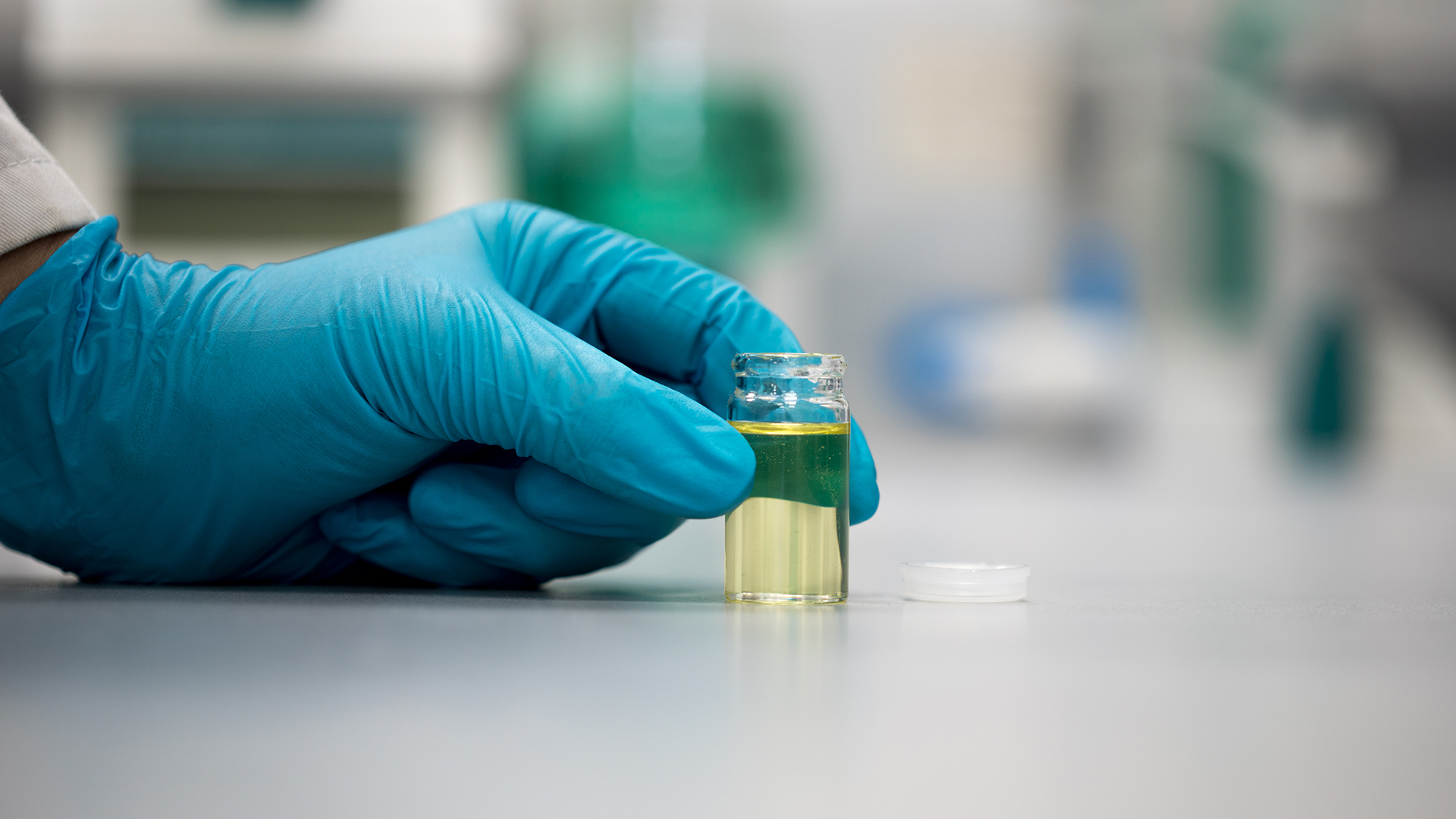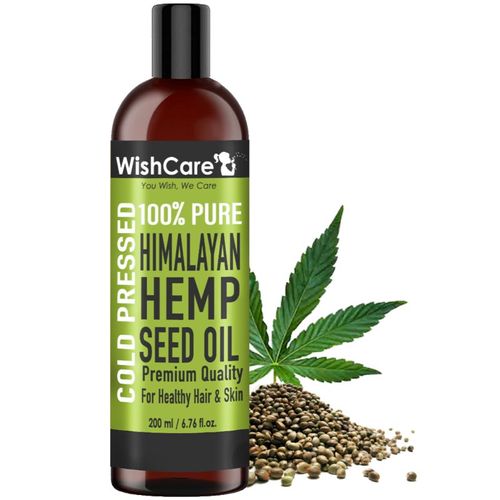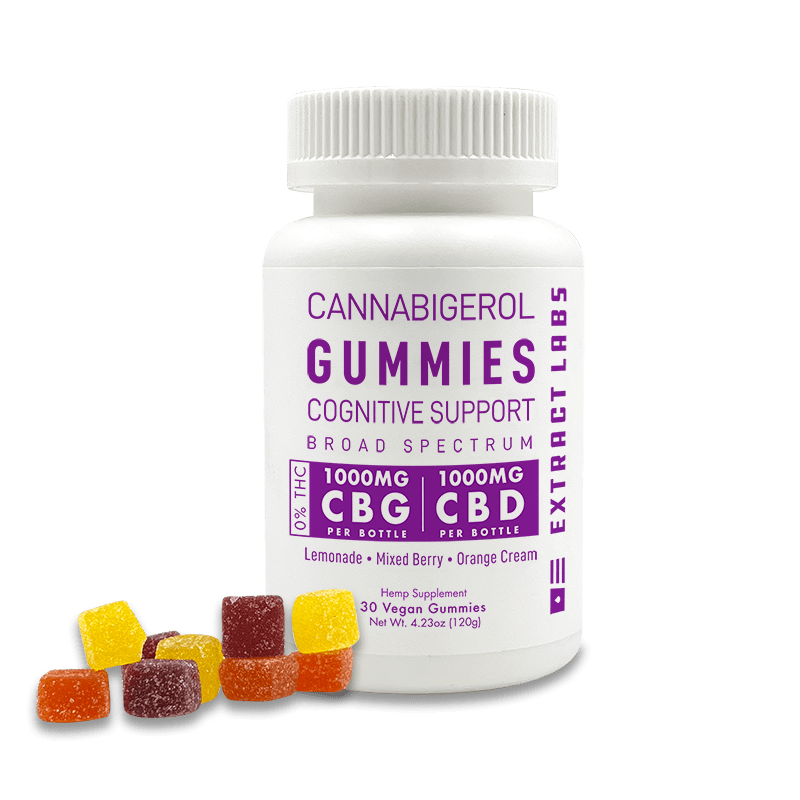
Subjective effects from THC are very subjective and can be affected greatly by many factors like biology, tolerance and mood. These are some facts to help understand the effects THC. To learn more about marijuana and other cannabinoids, click here. For more information, check out my blog! You can also learn more about cannabis products in general.
Cannabinoids
Cannabinoids are compounds found in cannabis. They have various effects on the immune system. Some of these effects are attributed to their secondary modulating effects. A high dose of THC may cause cell death or apoptosis. Similarly, THC may disrupt fundamental events in gestation. This is why cannabis has been so popular for both recreational and medical use. These compounds not only have medicinal benefits but also offer a variety of health benefits.
In addition, the endocannabinoid system may be a potential therapeutic target. Cannabinoids could be used to treat endocannabinoid-related brain disorders, such as neuroinflammation, excitoxicity, and mitochondrial dysfunction. Cannabinoids could also have pain-relieving and anti-inflammatory properties.

Chemical make-up
THC is a psychoactive chemical found in marijuana. THC has a chemical make-up that is C21H30O2. THC can be found in many different structural isomers. This double bond affects the psychoactive effect as well as the type of THC Isomer. Below we explore the differences between these isomers.
THC's chemical makeup is complicated and hard to measure. THC-COOH is a carboxylated compound. This makes it more lipophilic than other drugs. It is therefore not recommended for high-level driving or operation of machinery. THC boasts of some health benefits, such as its use to treat epilepsy or eating disorders.
The brain's effects
The brain effects of THCC are many. The brain has the capacity to change the sensitivity of receptors to chemical messengers. It can also change the availability, density, and conformation of receptors. These changes are the result of interactions between nerve cell and neurochemical activators. Low levels of neurochemicals can cause receptors to decline, while high levels cause them to increase. These changes are caused in part by the environment that the brain uses to develop and process information.
Early in life, brain development begins and continues throughout the rest of the human lifespan. The first few years of life are when the nervous system establishes its structure. This is the most important time in human development. Two key steps in establishing brain structure are the development of synapses, and fine-tuning neuron. There are many neurological disorders that can occur when this development is interrupted. These effects can be severe or not-existent, but they could also be milder.

Long-term effects
The long-term effects of THC are still being investigated, but a growing body of evidence suggests that the substance may have negative effects on the brain and behavior. THC acute exposure causes nerve firing to increase. In animal studies, it has also been shown that dopamine production is affected by THC. But human studies are inconsistent. There may be many reasons these differences exist. The main reason is that human trials have not been able to establish a consistent dose.
The brain is a complex system and THC has a large number of components. THC can affect dopamine levels, which are neurotransmitters that regulate mood and learning. The human study of THC dosages does not show that they consistently cause significant dopamine changes. A standard joint contains between 8 and 15 milligrams THC. Animal studies usually use one milligram per kg.
FAQ
How can CBD products be promoted in a legal manner by CBD companies?
The FDA does not regulate hemp as an agricultural commodity. However, the agency regulates all other cannabis derivatives (e.g., marijuana) under the Controlled Substances Act. CBD has yet to be subject to specific regulations.
CBD is legal at the state level in 29 states, but federal law still considers it illegal. This uncertainty creates uncertainty for CBD product sellers.
The FDA also maintains strict guidelines on how CBD products may be marketed. For example, they must clearly disclose any product's THC content. Without scientific evidence, companies cannot claim CBD treats certain medical conditions.
In addition, the FDA requires manufacturers to submit detailed information regarding manufacturing practices and quality control measures. Companies are also required to participate in clinical trials in order to demonstrate safety and efficacy.
These factors are crucial for companies to consider when developing their marketing strategies.
Is CBD a viable option?
Yes. This isn't because of the medical benefits it offers, but because of how it makes people feel.
People who want an alternative to prescription medications will love the fact that you don't feel any different after you use it.
As we have seen in studies, cannabis has been shown to be effective in treating pain, anxiety and depression.
Cannabis also contains cannabinoids which interact with receptors in our brains. This interaction produces feelings of relaxation and well-being.
You should understand the effects of CBD oil on your body and health if you are considering using it.
Are CBD companies a good idea?
The answer to this question depends on what you are looking for. If you want to make money, then yes, they are a great investment, but if you just want to invest in something that might help people, then I would say no because there are other ways to do that without spending $20k on an oil extraction machine.
Is there evidence that CBD reduces anxiety?
CBD oil is an effective treatment for anxiety. This happens because it interacts to certain brain receptors called CB1 (and CB2), respectively. The endocannabinoid process regulates stress responses and mood.
Our bodies activate the CB1 receptor when we feel anxious. When activated, this receptor sends signals to the amygdala, which is responsible for emotional processing.
When the CB1 receptor is blocked, the amygdala doesn't receive the signal to process emotions. CBD users have less negative feelings.
A study published in 2017 showed that CBD reduces anxiety in patients with social phobia. Another study showed that CBD reduces symptoms of PTSD.
A 2018 review concluded CBD's anxiolytic qualities could be helpful in treating generalized anxiety disorder.
Another study suggested that CBD may also help to reduce panic attacks.
However, multiple studies have shown that CBD does increase anxiety in mice.
The difference in results between animals and humans could be explained by differences in the way that CBD is metabolized in different species.
CBD is not subject to any long-term safety tests. Experts are unanimous that CBD is safe if used as directed.
Is the CBD market saturated?
CBD industry has a growing rate of 25% annually. This growth rate is expected to continue at least for five more years. According to industry projections, it will grow from $2 billion to $5 billion by 2020.
The CBD market is currently dominated by two companies - GW Pharmaceuticals and Canndoc Ltd. Both are focused on developing pharmaceutical-grade products. But they have not been particularly successful. Both are struggling to gain traction on the market.
Cannabidiol or CBD is a form of cannabis extract with less than 0.3% HHC. It does not have any psychoactive properties. It can be used to treat epilepsy, and other medical conditions. It is often used as an dietary supplement.
There are many different types of CBD products available. Some CBD products are made from whole plant extracts while others contain CBD.
These products all have one thing in common: they contain low amounts of THC.
This makes them legal under US federal law. This doesn't mean you shouldn't follow local laws when selling CBD-related products. Always check your state's laws regarding CBD products.
In addition, there are several states where CBD products are illegal. These are California, Colorado. Florida. Mississippi. Missouri. New York. North Carolina. Ohio. Oklahoma. Oregon. Rhode Island. South Dakota. Texas. Utah. Virginia. Washington.
You will want to stay clear of CBD products if you are from one of these states.
What CBD products sell the most?
CBD products are everywhere these days. People are buying them for everything from anxiety to pain relief. The market is huge and growing fast.
But why do people purchase CBD? And how does this affect you as a brand owner?
Statista states that CBD products are bought for their relaxing effects. They can also be used to treat inflammation.
This means that you can sell your product for both medicinal and recreational purposes if it has CBD and THC.
What about brands that are focused on a single purpose? For example, if a company sells CBD for stress relief, then it won't have much competition.
In addition, if a brand focuses on CBD for medical purposes, then it will have a large customer base.
However, a brand that wants to target recreational customers must develop a unique selling message (USP). A USP basically refers to a unique selling point that sets a brand apart.
For instance, some brands offer free shipping and others offer discounts on bulk orders.
Which states are the biggest consumers of CBD?
California, Colorado and Oregon are the top three states. These states have large populations, high incomes, and low unemployment rates. They also have a higher number of hemp farms compared to other states.
California leads the way because its economy is heavily based on agriculture. California produces a lot of the country's fruits, vegetables. This makes sense because cannabis is extracted from the same plants as hemp.
Oregon and Colorado follow closely behind as both states produce medical marijuana. These two states, however, do not permit the recreational use of marijuana, as California does.
Other states that rank high include Washington, New York. Florida, Illinois. Pennsylvania. Mississippi.
Statistics
- The inhibition of FAAH is predicted to lead to an increase in brain and plasma concentrations of AEA, which acts as a partial agonist at CB1R and CB2R, thereby increasing endocannabinoid tone [92, 110]. (ncbi.nlm.nih.gov)
- CBD seems unlikely to directly influence sleep in healthy humans [115] (and maybe “sleep-promoting” in those with certain comorbid conditions) (ncbi.nlm.nih.gov)
- A recent systematic review of human trials also reported that individuals with epilepsy receiving CBD (5–20 mg·kg−1·day−1) were more likely to experience decreased appetite than those receiving placebo (i.e., ~20 vs. 5% of patients) (ncbi.nlm.nih.gov)
- however, one study also found that these effects were virtually abolished when the original media (a nutrient broth agar) was replaced with one containing 5% blood (increasing the minimum concentration to ~160 μM CBD) [179]. (ncbi.nlm.nih.gov)
- As a substance that was federally illegal before the passage of the 2018 Farm Bill, hemp-derived cannabinoids with no more than 0.3% THC still face a regulatory grey area. (forbes.com)
External Links
How To
How to Sell CBD Oil From Home
CBD oil has become a popular online product. CBD oil is made from hemp plants. It has been used for centuries as a treatment for inflammation and pain. This product's many benefits include treating anxiety, depression, insomnia, chronic pain, and much more. People are often hesitant to try CBD because they don't know how to get started. This article will help you to make money selling CBD oil at home without worrying about being caught up in legal issues.
Steps to Selling CBD Online
-
Find out if your area allows CBD oil to be sold. If not, then look into states where it is allowed. Before beginning any CBD oil-related businesses, you should contact your local health department.
-
You should ensure that your website complies with FTC regulations. There are two types, those that conform to FDA guidelines and those who don't. The U.S. Food and Drug Administration (FDA) has established rules for CBD oil sellers. This means that they cannot claim that CBD helps with specific medical conditions unless there is scientific evidence to support their claims. They must keep track of all transactions made through their website.
-
A good understanding of CBD oil will help you understand its true meaning. People mistakenly think CBD means cannabidiol. But CBD can refer any extract taken from the cannabis plant. Talk to your doctor to see if CBD oil will work for your condition.
-
Determine whether you want to sell wholesale or retail. Wholesale sellers are able to buy large quantities of CBD oil and resell them to retailers. Wholesalers sell small quantities of CBD oil to retailers who then rebrand the product for retail. Wholesale prices are typically higher than retail.
-
Decide whether you want to start a drop shipping business. Drop shippers send items directly to customers by sourcing them from suppliers. They are responsible for all aspects of the delivery process, including customer service. Dropshipping can be a great way to start a business, as it requires very little upfront investment.
-
Pick a manufacturer. Many companies offer CBD oil as alternative medicine. The manufacturers offer different flavors and strengths. Many of these companies offer free trial options. Start searching until you find the company that best suits your needs.
-
Create a Facebook page. Social media is an integral part of marketing. With Facebook alone, you can reach millions of potential customers. Create a Facebook page and share information about your new venture.
-
Promote your brand. After you have established a Facebook page that is successful, promote your brand on other social media platforms like Instagram and Twitter.
-
Your products can be sold. Once you have decided to sell CBD oils, you will need to decide which type of CBD oil product you want. Do you prefer to sell tinctures, or only drops? How much would a bottle cost? What packaging would your company use?
-
Give a complete description of each product. Include all of the ingredients and any warnings that may be associated with using CBD oil.
-
List the products' prices. You should keep in mind that your product's price will vary depending on its strength. A 10ml bottle 100mg CBD oil will cost $30 and a 500mg CBD oil bottle will cost $120.
-
Images will attract more attention. Post images of your products so that people understand what they are buying. You can even include videos if you wish.
-
Optimize your store. It is crucial to make your store professional and organized. If your store does not look its best, you might lose customers due to bad design.
-
Find ways to improve your reputation online. Google is a popular search engine for product reviews. You could lose customers if you don't have any positive reviews.
-
Offer discounts. Many people do not like to pay full price for goods. Your profits can be increased by giving discounts
-
Use email marketing. You can send promotional messages to people who already expressed interest in your products via email marketing. This is a great way to establish relationships with customers.
-
Make sure that your website is optimized. It is important to have a functioning website when you are starting a business. Your website should offer useful information about the products and services you offer.
-
Help you manage your business. There are many tasks that go with running a business. If you don’t hire someone else to handle some of these tasks, you can waste time trying out to finish certain tasks yourself.
-
Get started! After reading this article, you're ready to launch your CBD Oil Business. Good luck!